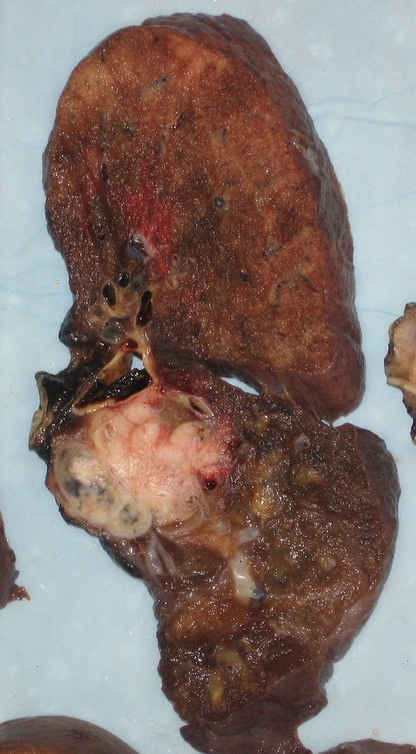Abuse and Neglect, BMJ, Cognitive Issues, Occupational Health / 24.08.2021
Dementia Risk Lower in Patients with Cognitively Stimulating Jobs
MedicalResearch.com Interview with:
Prof Mika Kivimaki PhD
Director, Whitehall II Study
Dept. of Epidemiology
University College London
MedicalResearch.com: What is the background for this study?
Response: The Lancet 2020 Commission on Dementia Prevention, which is the most comprehensive and up-to-date review on the evidence in this field, did not list cognitive stimulation in adulthood as a protective factor against dementia. This was because trials results are inconsistent and observational studies suggest that leisure time cognitive activity does not reduce risk of dementia.
However, it was unclear whether the reason for modest findings is that the decrease in brain plasticity with age prevents cognitive activities across adult life from conferring protection against dementia, or, in the case of interventions, that the cognitive stimulation studied has not been intensive or engaging enough to preserve cognitive function.
To address this question, we decided to focus on cognitive stimulation at work rather than leisure time cognitive activity or cognitive interventions. We thought that this approach would allow us to detect an effect, if there is one, because exposure to cognitive stimulation at work typically lasts considerably longer than cognitively stimulating hobbies or cognitive interventions.
We contacted 13 cohort studies in Europe which had data on cognitive stimulation at work. Seven had also a dementia follow-up and were selected to our analyses, a total of 107 896 dementia-free participants from the UK, France, Sweden and Finland. Follow-up of incident dementia varied between 13.7 to 30.1 years depending on the cohort. 1143 people developed dementia during this follow-up.
(more…)













 Response: Point-of-care ultrasound is one of the most significant advances in bedside patient care, and its use is expanding across nearly all fields of medicine. In order to best prepare medical students for residency and beyond, it is imperative to begin POCUS training as early as possible. At the Lewis Katz School of Medicine at Temple University, we introduced POCUS education over a decade ago and have expanded it since then.
By providing each student with a Butterfly iQ device, we can augment our curriculum significantly. In addition to our robust pre-clinical sessions, now we will expand into the clinical years highlighting the utility of POCUS with actual patients.
This gift was made possible by the incredible generosity of Dr. Ronald Salvitti, MD ’63.
Response: Point-of-care ultrasound is one of the most significant advances in bedside patient care, and its use is expanding across nearly all fields of medicine. In order to best prepare medical students for residency and beyond, it is imperative to begin POCUS training as early as possible. At the Lewis Katz School of Medicine at Temple University, we introduced POCUS education over a decade ago and have expanded it since then.
By providing each student with a Butterfly iQ device, we can augment our curriculum significantly. In addition to our robust pre-clinical sessions, now we will expand into the clinical years highlighting the utility of POCUS with actual patients.
This gift was made possible by the incredible generosity of Dr. Ronald Salvitti, MD ’63. 

















 MedicalResearch.com Interview with:
Eleonora Leucci, Ph.D Assistant Professor
Laboratory for RNA Cancer Biology
Department of Oncology
KU Leuven
MedicalResearch.com: What is the background for this study?
Response: Back in 2016, while I was characterising the RNA SAMMSON as essential for mitochondrial translation in melanoma, I noticed that its inhibition was causing cell death across a large spectrum of melanoma cell lines and models, irrespectively of their genetic background and cell state. At that time I still did not know why the effect was so pronounced on melanoma cells, but I knew that antibiotics of the tetracycline family could also block mitochondrial translation and I thought about repurposing them to treat melanoma.
MedicalResearch.com Interview with:
Eleonora Leucci, Ph.D Assistant Professor
Laboratory for RNA Cancer Biology
Department of Oncology
KU Leuven
MedicalResearch.com: What is the background for this study?
Response: Back in 2016, while I was characterising the RNA SAMMSON as essential for mitochondrial translation in melanoma, I noticed that its inhibition was causing cell death across a large spectrum of melanoma cell lines and models, irrespectively of their genetic background and cell state. At that time I still did not know why the effect was so pronounced on melanoma cells, but I knew that antibiotics of the tetracycline family could also block mitochondrial translation and I thought about repurposing them to treat melanoma.